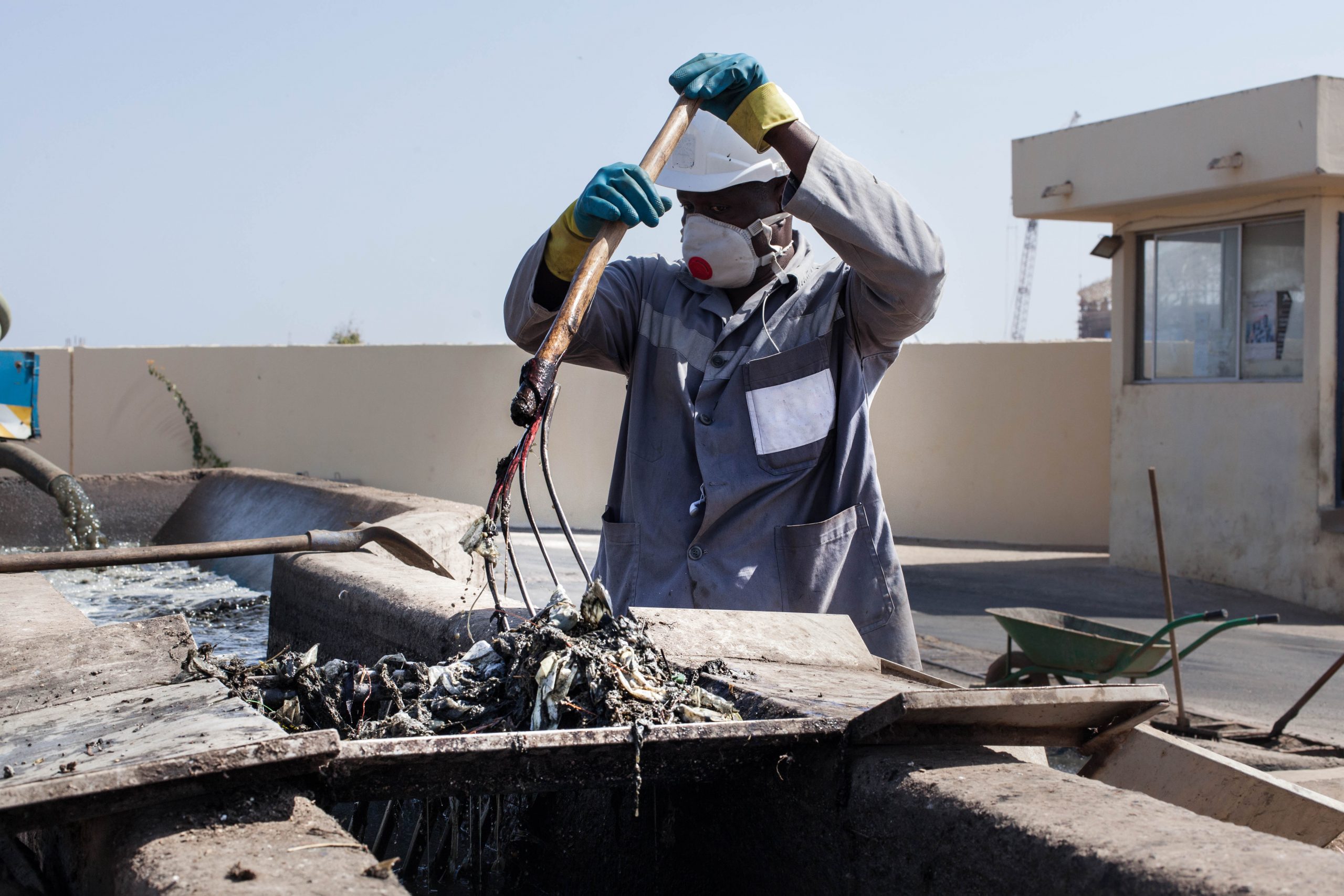By Aïda Kabo, Program Officer, Speak Up Africa
We have been on a journey to improve access to safely managed sanitation in Africa for years. From awareness raising to stimulating dialogue about potential solutions, the path to sustainable and equitable sanitation for all has not been easy. To this day, nearly half of the world’s population lack access to basic sanitation. Of those lacking basic sanitation services (approximately 1.7 billion people), nearly half live in sub-Saharan Africa.
The past 18 months, global health conversations have been dominated by the COVID-19 pandemic, and how we can build a stronger post-pandemic world. Although this has led to sanitation gaining attention, in part due to the importance of handwashing with water and soap, this has not necessarily translated into action. There is a long way to go in terms of prioritizing sanitation among other sustainable development issues. Today, on World Toilet Day, we are asked ‘Who cares about toilets?’. Now, it is time to step up and prove that we do, and that we all should value and care about toilets. We are truly on the precipice of great change. 2022 is set to be a monumental year for water, sanitation, and hygiene (WASH) in Africa, with the momentum building even now in 2021.
AfricaSan, a conference for sanitation technical experts, taking place next week, will be convened under unprecedented circumstances that the continent has never experienced before. As Africa and the world continue to be hit by COVID-19, the WASH sector has a key role to play in mitigating the pandemic’s impact. This is just one of the ways to quick start the conversation on how we can contribute to creating an enabling environment for sanitation.
The 9th World Water Forum will be held in Dakar, Senegal in March 2022 and will convene a great range of participants from the WASH sector as well as decision-makers from Africa and beyond. This event is truly a first-of-a-kind event for Africa, a truly global gathering dedicated to WASH. This edition, labelled as the “Forum of Solutions,” will provide answers on how to improve access to water and inclusive sanitation. Moreover, for the first time ever, sanitation is fully integrated among the Forum’s priorities. This presents an incredible opportunity for the sanitation community, and the ability to reach an influential audience.
Both AfricaSan and the World Water Forum emphasize two key aspects of improving sanitation: the need for stronger political commitment. To improve sanitation coverage and achieve the Sustainable Development Goal (SDG) 6.2, it is essential to create an enabling environment for inclusive sanitation through implementation of comprehensive and inclusive policies that incorporate solutions for sanitation service delivery, financing, and private sector engagement. Safely managed sanitation is not just a public health issue, it’s an economic issue; for every USD$1 invested in basic sanitation up to USD$5 is returned in saved medical costs and increased productivity, and jobs are created along the entire value chain.
One way this can be done is through the African Sanitation Policy Guidelines (ASPG). Developed and launched by the African Ministers’ Council on Water (AMCOW), the ASPG aims to provide African governments guidance for enhancing or developing a clear and comprehensive sanitation policy that will pave the way for the development and implementation of large-scale national sanitation programmes. Through the adoption of the ASPG, it is hoped that the necessary reforms needed to create the enabling environment to accelerate progress towards access to safely managed sanitation for all by 2030 will be triggered.
Through these events, AfricaSan and the World Water Forum, it is our hope to trigger dialogue and highlight the importance of collaborative action and strong partnerships to build a sustainable policy environment and maximize sanitation service delivery using technology innovations. Africa is on a clear path to improved sanitation, one that we hope to be part of. Through increasing dialogue, and increasing action, we can push African sanitation in the right direction, and work towards meeting our goals.

